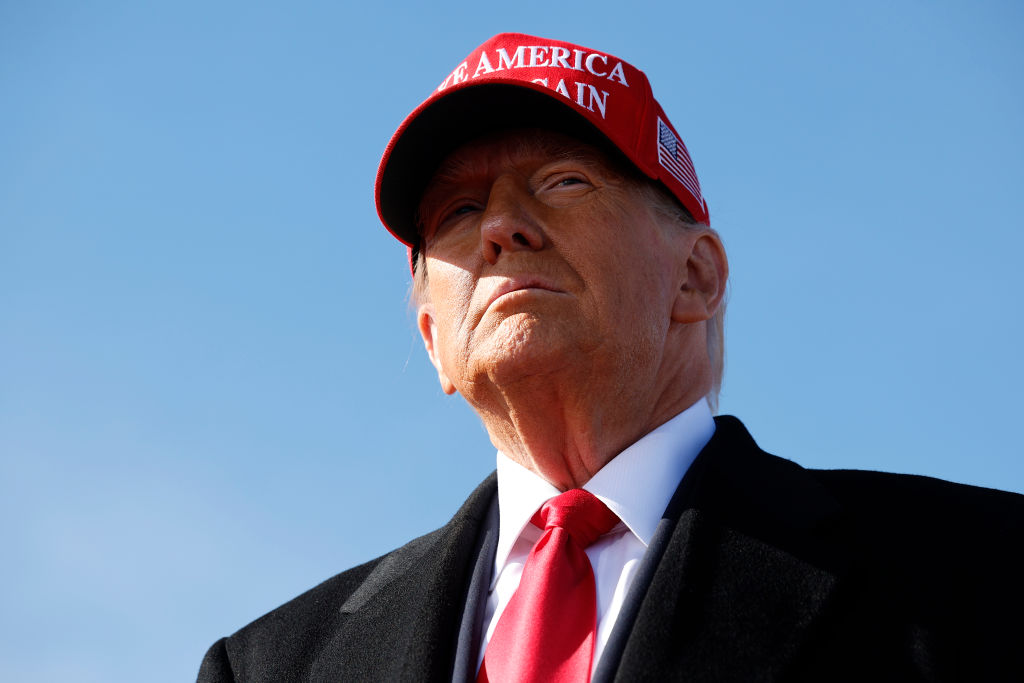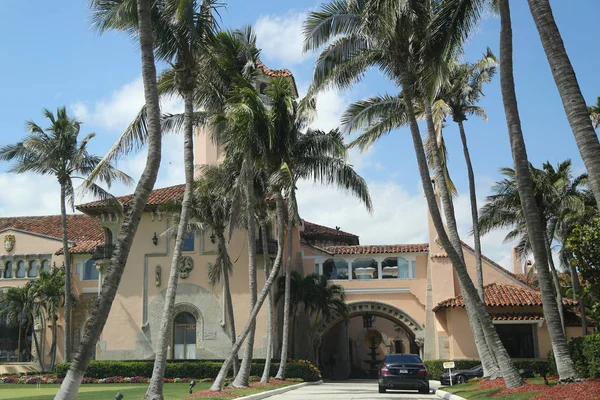Trump’s Pragmatic Preferences Must Work
If they don’t, they threaten to become tired dogmata like those he replaced.

Conservatism, Russell Kirk memorably wrote, is the “negation of ideology: it is a state of mind, a type of character, a way of looking at the civil social order.”
“The attitude we call conservatism is sustained by a body of sentiments, rather than by a system of ideological dogmata. It is almost true that a conservative may be defined as a person who thinks himself such,” Kirk continued. “The conservative movement or body of opinion can accommodate a considerable diversity of views on a good many subjects, there being no Test Act or Thirty-Nine Articles of the conservative creed.”
But that of course is not how conservatism has been practiced, either during the Cold War or at the apogee of its electoral success. It is difficult to govern or shape public policy without a plan, like Project 2025, if not a creed with 39 articles.
As much as we heard about Project 2025 during the campaign, however, President-elect Donald Trump is in some ways the least ideological leader of the Republican Party since Richard Nixon. His are populist and nationalist instincts fused with a moderate business Republican’s background and a political coalition that includes Reaganites and Robert F. Kennedy Jr.
This created tension with Republican congressional leaders in 2017. Eight years later, those leaders are more respectful of Trump’s skill and political impact. But they are not yet fully bought into Trump’s revision of Republican dogmas from the past 40 years or his cleaner break from the party’s brand the last time its presidential nominee won the popular vote 20 years ago.
If Trump is going to deviate from the Paul Ryan Roadmap, abandon the Bush doctrine, and chart his own course on tariffs, one thing is clear: His plans had better work.
That is the benefit of pragmatism over policy purity: the freedom to legislate or operate according to circumstance rather than reenact party platforms from decades past. Trump will be judged by whether he can reshore American jobs, rebuild some semblance of an industrial base, control immigration, end and avoid foreign wars, and break the inflationary spiral of President Joe Biden.
To whatever degree Trump’s solid Electoral College majority and narrow popular vote plurality can be construed as a mandate, these are the things the more than 77 million Americans who cast ballots for him can be said to have voted for.
Many of them also voted for the standard Republican playbook of our lifetimes: a strong national defense, the renewal of the Trump tax cuts, Elon Musk and Vivek Ramaswamy’s Department of Government Efficiency, originalist judges, and restrictions on taxpayer funding of abortion, among other conservative policies. And as Trump will be the first to remind you, there is precedent for the overwhelming majority of his plans in Republican administrations ranging from William McKinley’s to Ronald Reagan’s.
To the degree he has been given license to govern differently than the Republicans of yesteryear, it is because he has convinced his supporters that he can get results that have eluded recent presidents of both parties. The Trump transition thus far, or the selection of J.D. Vance as his vice president rather than Mike Pence, suggests he wants to push things further than he did in his first term.
Trump has had an unusual appeal in that he is extremely right-coded and Republican-branded, but at this point he is a moderate compared to his GOP predecessors. That strange combination has sharply undercut conservative resistance to his moderation within his own party, but probably limited his crossover appeal (though not enough to prevent him from beating Kamala Harris even more impressively than he defeated Hillary Clinton).
The once and future president at times seems to defy the normal left-right political spectrum, which has lost some of its purchase. Although Trump has probably not read much Russell Kirk, Kirk offers an alternate explanation for Trump’s seemingly contradictory posture as a right-wing moderate.
Trump’s conservatism, in this reading, is sustained by a body of sentiments, rather than by a system of ideological dogmata. But that means tariffs and RFK-style questions about public health cannot harden into a new type of ideology themselves, impervious to evidence or result. Or rather that the “tariff man” should not let his policy preferences congeal into new dogmata.
That will go a long way toward determining how successful Trump can be the second time around.
The post Trump’s Pragmatic Preferences Must Work appeared first on The American Conservative.

